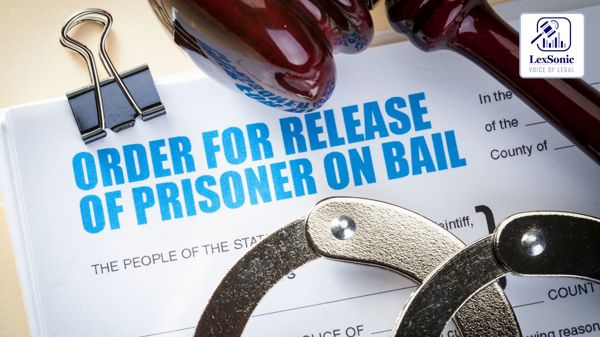Regaining spotlight on the basic right of an accused to a speedy trial, the Supreme Court has ordered granting of bail to Mohmad Yunus alias Manjro alias Mohmad Yusuf Shaikh, who was in custody as an undertrial for almost a decade in a terror case under the Unlawful Activities (Prevention) Act, 1967. The Court noted that prolonged detention without determination of trial could not be warranted even if charges were serious.
The Case in Context:
The appellant had been arrested in respect of FIR No.164 of 2015, which was initially lodged at Bharuch A Division Police Station and subsequently seized by the National Investigation Agency (NIA) as RC No.13/2015. The offences charged included those under Sections 16, 17, 18, 20, and 23 of the UAPA, apart from various provisions of the Indian Penal Code, the Arms Act, and the Gujarat Police Act.
Gujarat High Court had, on 25 March 2025, rejected his plea for bail, noting that the charges connected with terrorist activities and conspiracy were sufficient to justify further detention. A challenge to that order, the petitioner approached the Supreme Court seeking relief.
Proceedings Before the Supreme Court:
After hearing Senior Advocate I.H. Syed for the petitioner and Additional Solicitor General K.M. Nataraj for the NIA, the Bench of Justices J.B. Pardiwala and K.V. Viswanathan was gravely concerned about the extended detention. The Court noted that the petitioner had been already in prison "beyond nearly 10 years" as an undertrial with no likely end in the trial.
On a Bench query, the prosecution conceded that among 119 witnesses mentioned, there had been examined only 61 in a decade, leaving 58 still to be examined. Noting that at this rate the trial could be extended indefinitely, the Court observed that "whatever the nature of the crime alleged, it is expected of the prosecution to proceed expeditiously."
A Measured Exercise of Discretion:
Without venturing into the merits of the case, the Bench faulted the High Court for its failure to consider the long imprisonment when hearing the bail application. Highlighting fairness and proportionality, the Court clarified that the liberty of the petitioner could not be further sacrificed simply because the State had not finished the trial on schedule.
Accordingly, the Supreme Court ordered the petitioner released on bail, subject to terms to be determined by the trial court. It also explained that the prosecution may suggest any particular conditions needed to protect its interests before the trial judge.
Judicial Message: Speedy Trial as a Live Right
This direction contributes to increasing jurisprudence wherein the Supreme Court reaffirms that pretrial detention may not turn into punishment by default. Even in such cases under stringent legislations like the UAPA, where bail is normally challenging, inordinate delay in trial weakens the rationale for extended custody.
By declaring that the right to speedy trial is still a pillar of Article 21 of the Constitution, the Court has again indicated that justice cannot be made to hang on the seriousness of charges but should also look into the cost in terms of humanity of perpetual delays in prosecution.
Conclusion:
The judgment in Mohmad Yunus Manjro Mohmad Yusuf Shaikh v. State of Gujarat & Anr. upholds an important legal precept: where trials take decades without resolution, the presumption of innocence cannot go hand-in-hand with lifetime imprisonment. The intervention of the Supreme Court thus reminds us that rule of law can never give way to procedural stagnation — freedom delayed is freedom denied.
Unlawful Activities (Prevention) Act, 1967

